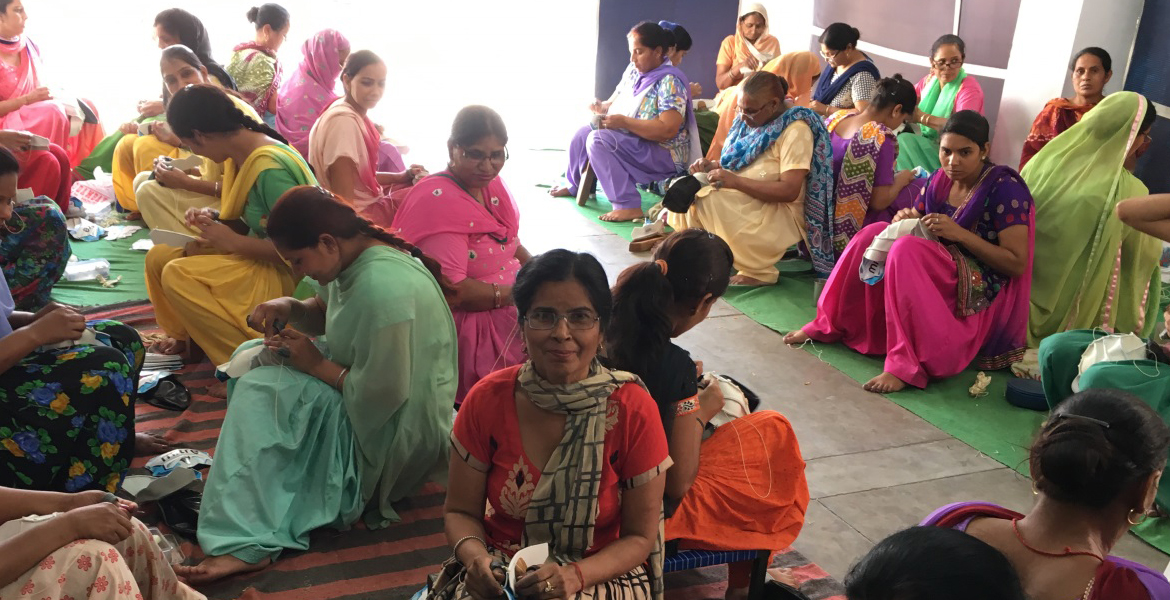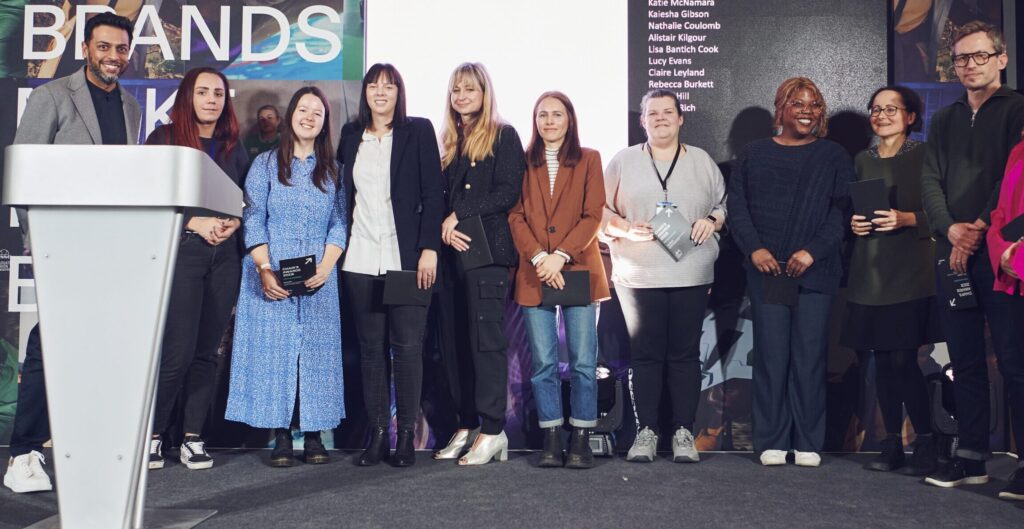Why hand-stitching matters
Stitching a football is a real skill, which is why footballs are traditionally stitched by hand.
Today, more and more balls are machine stitched. But it can be difficult to get the same quality with machine stitching. It can also take valuable income away from people in developing countries, and even machine stitched balls require the final panels to be ‘closed’ by hand.
The risks with hand-stitching
Having hand-stitching in the supply chain has risks. Most of the world’s footballs are stitched in low income, rural areas, and work often takes place in people’s homes. This can make any human rights issues difficult to manage, because the supply chain is informal and dispersed.
Making positive changes to the way we source our balls
Our Mitre and Canterbury brands have traditionally had homeworking in their supply chains, and we’ve decided to take an open and positive approach to it. We want to continue to create a vital income stream for skilled workers in India, while improving their rights and day-to-day working environments.
Consolidating our supply base
In 2015, we consolidated our sourcing base, so we could concentrate our efforts on creating sustainable improvements with nine suppliers’ supply chains.
We then worked with NGOs and homeworker representatives to focus on community centre working. This has given homeworkers more opportunity to formalise their terms of employment and provided a safe place for them to get regular work.
Giving power to the workers
Once the centres were set up, we worked with the Ethical Trading Initiative in Delhi to further improve the working environment. One of the suggestions was to convert the centres into cooperative societies, which empowers the stitchers as they would take control of the running of the centre. The transformation has been amazing.
Sourcing and compliance controller, Alex Hasell shared his experience of a recent visit: “I visited the first centre that has been converted and was met by a welcome party with confetti and applause. It was incredibly rewarding to see the place full of life, smiles and laughter and what a difference it has made.”
Improving quality and delivery
This project has significantly improved quality and on time delivery for hand stitched balls. When we started the project in 2012 49% of balls were delivered on time. This had increased to 80% by the end of 2015.
Continuing the partnership
There’s always more to do, and we’ll continue to work in partnership with our suppliers, the workers and local NGOs to improve the centres. Next steps include getting someone first aid trained at each location and providing training on fire safety. We’re also planning regular independent unannounced visits of each location, so we can review progress and make improvements.
Looking at other supply chains
We recognise that homeworking is not limited to ball supply chains, and have just started a project with Homeworkers Worldwide and Cividep to better understand homeworking in out footwear supply chains.





